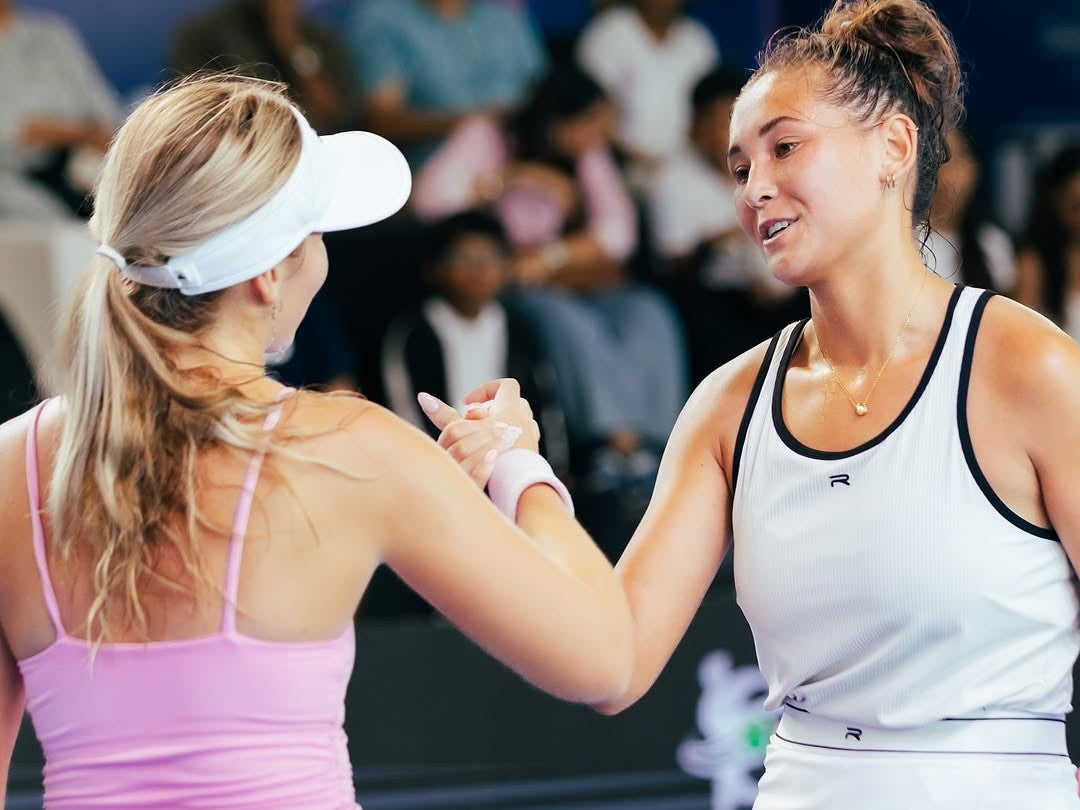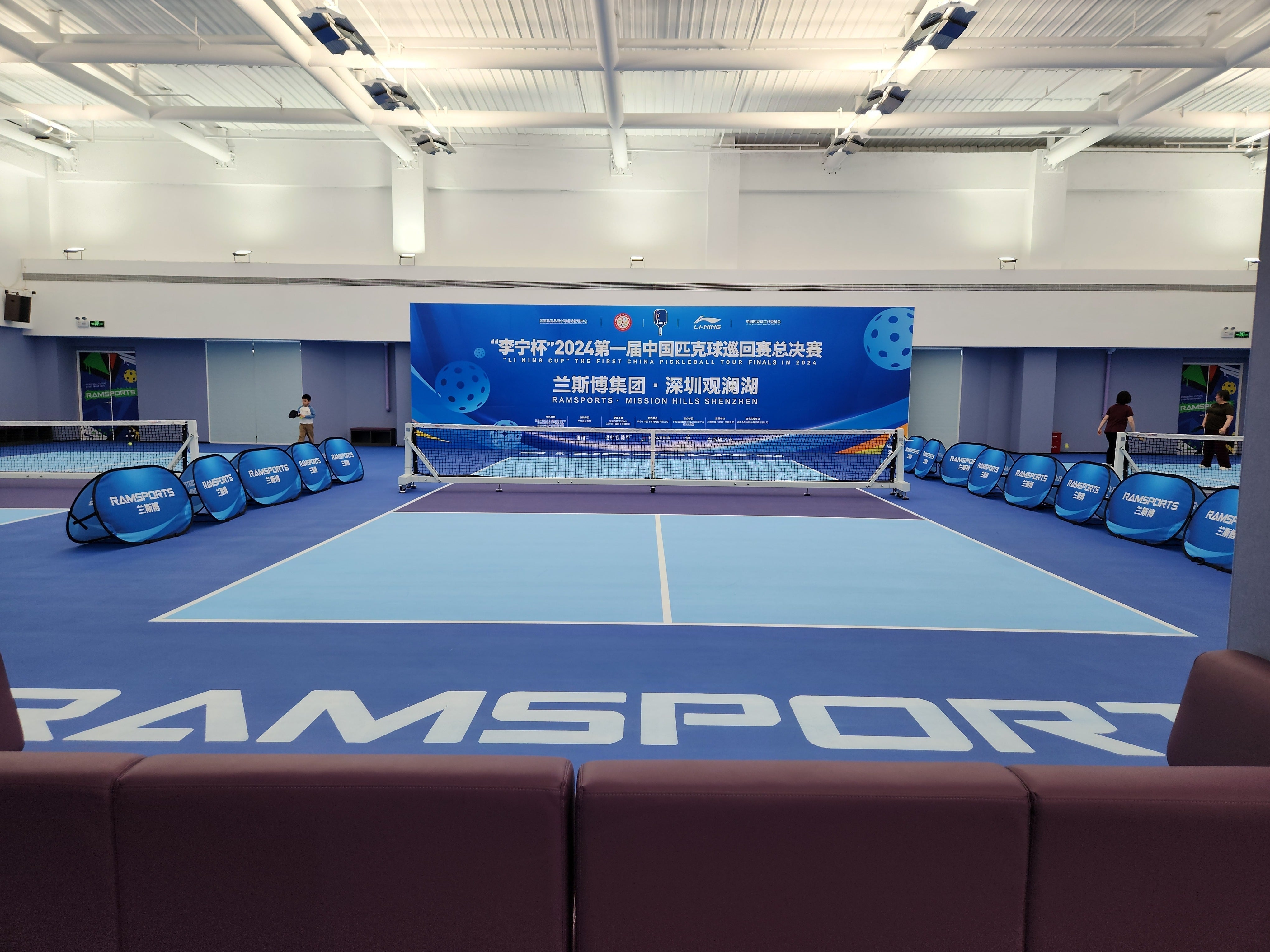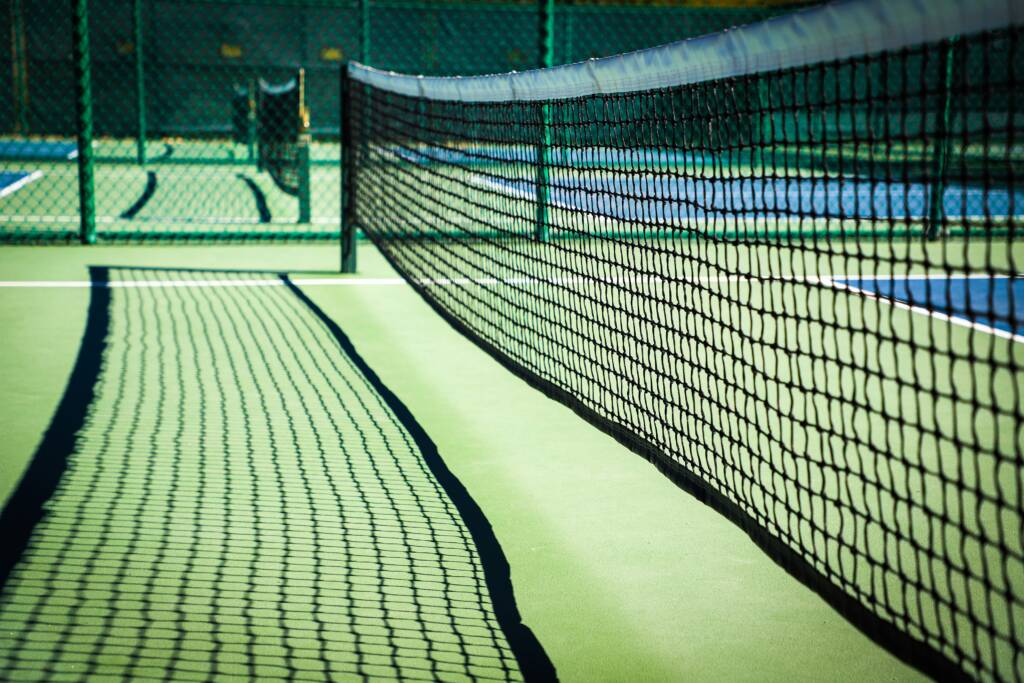How Pickleball Double Elimination Tournaments Work?

Photo Source: Pexels
Pickleball is everywhere right now, and for good reason! What started as a simple backyard game has exploded into one of America’s fastest-growing sports, with over 4.8 million players and counting. Along with this rise comes an exciting world of competitive tournaments, where strategy, endurance, and mental toughness all come into play.
And one tournament format stands out from the rest: pickleball double elimination.
Why? Because unlike single elimination, where one bad match can send you packing, double elimination gives you something priceless: a second chance to fight your way back.
So whether you’re joining your very first tournament or looking to sharpen your competitive edge, this guide will walk you through how double elimination works, how brackets are structured, and the strategies you need to win.
What is a Pickleball Double Elimination Tournament?
A pickleball double elimination tournament is a bracket-style competition in which competitors must lose twice to be eliminated. Unlike single elimination, when one loss finishes your tournament, double elimination gives you an important second chance.
The tournament features two main brackets:
-
Winners Bracket: Teams that haven't lost a match
-
Losers Bracket: Teams with one loss
This structure maximizes playing time while maintaining competitive integrity throughout the event.
How Double Elimination Brackets Work
The double elimination format follows a second-chance system. Here’s a quick breakdown.
The Tournament Structure
In double elimination in pickleball, the system operates on a simple principle: everyone deserves a second chance.
-
Initial Seeding: Teams are placed based on skill level or random draw
-
Winners Bracket Play: Teams compete until their first loss
-
Losers Bracket Drop: First-time losers move to the losers bracket
-
Final Elimination: Teams exit after their second loss
-
Championship Match: Winners bracket champion faces losers bracket champion
Bonus twist: If the losers bracket champion beats the winners bracket champion, there’s an extra “if necessary” match to decide the ultimate winner. Talk about drama!
Championship Advantage
The winners bracket champion only needs to win one championship game since they haven't lost. However, if the loser's bracket champion wins, a second "if necessary" game is played.

What to Expect in Double Elimination Tournaments
Match Volume and Time Commitment
You'll typically play 2-6 matches depending on performance. Plan for a full-day commitment, as these tournaments run longer than single-elimination events.
Preparation Strategies
- Physical Conditioning: Prepare for multiple matches in one day
- Mental Resilience: Develop comeback strategies after losses
- Pickleball Equipment: Bring backup paddles and supplies.
- Nutrition: Pack snacks and stay hydrated
Double Elimination vs. Other Tournament Formats
Let’s compare!
Double Elimination Advantages:
- More playing opportunities
- Fairer champion determination
- Second chances for recovery
- Excels for larger tournaments (12+ teams)
Vs. Single Elimination:
- Faster completion but less play time
- One bad match eliminates you
Vs. Round Robin
- Everyone plays everyone
- Best for smaller groups (8 teams or fewer)
Tournament Skill Divisions
Most pickleball double elimination tournaments organize players by skill level:
- Beginner: Perfect for new tournament players
- Intermediate: Developing competitive skills
- Advanced: Highly skilled competitive players
- Open: Elite level competition

Success Strategies for Double Elimination Tournaments
Winning a pickleball double elimination tournament takes more than just strong shots — it requires smart planning, adaptability, and mental toughness. One of the most important strategies is to pace yourself throughout the day. With the possibility of playing multiple matches, conserving your energy early on ensures you can perform at your best when it matters most.
Losses are inevitable, but in double elimination, they’re not the end — they’re an opportunity. Use them to analyze your mistakes, refine your strategy, and prepare for potential rematches. Maintaining a positive mindset is crucial; a single setback doesn’t define your tournament journey.
As you move between the winners and losers brackets, be ready to adjust your approach. Match intensity often changes as players fight to stay alive, so flexibility is key. Treat every match as a fresh start rather than carrying the weight of earlier results, and focus on playing consistently instead of chasing perfection.
If you find yourself in the losers bracket, use it to your advantage. You’ll gain more match experience, better insight into your opponents, and the opportunity to build momentum. Above all, stay composed under pressure — tournament environments can be stressful, but maintaining your mental balance gives you an edge over competitors who let emotions control their game.
With the right pickleball equipments, every match is a chance to play your best and learn something new. A loss doesn’t close the door in double elimination; it simply gives you another opportunity to step back onto the court and prove yourself.
Frequently Asked Questions
-
How long does a pickleball double elimination tournament take?
Most tournaments run 6-10 hours. Plan for a full-day commitment.
-
What happens if I lose my first match?
You drop to the losers bracket but stay in the tournament. To get to the championship, you must win every match after that.
-
Can the losers bracket champion win the tournament?
Absolutely! They can win by defeating the winners bracket champion in the championship match.


